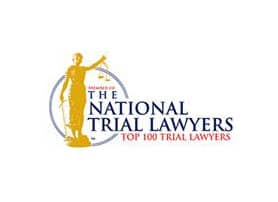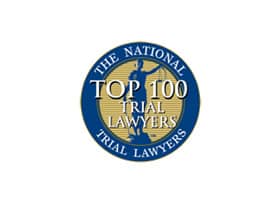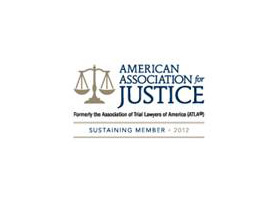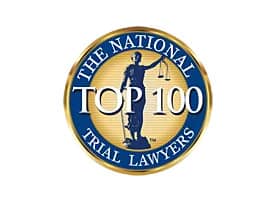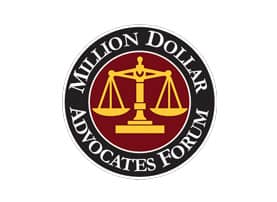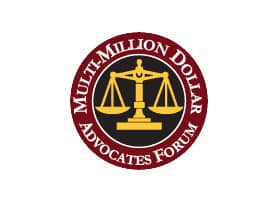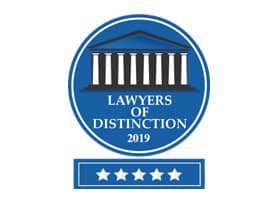Determining Liability for a Rear-end Accident
 If you’ve been hurt when someone crashed into the rear of your car, you’re not alone. According to statistics, nearly two million rear-end collisions happen every year in the United States. A common perception is that, because all drivers must pay attention to the road in front of them, the tailing driver always has the duty to act in a way that minimizes the risk of a crash. Under that theory, the tailing driver is always liable for a rear-ender. But that’s not accurate.
If you’ve been hurt when someone crashed into the rear of your car, you’re not alone. According to statistics, nearly two million rear-end collisions happen every year in the United States. A common perception is that, because all drivers must pay attention to the road in front of them, the tailing driver always has the duty to act in a way that minimizes the risk of a crash. Under that theory, the tailing driver is always liable for a rear-ender. But that’s not accurate.
Negligence as Applied to a Rear-end Crash
Fault in a motor-vehicle accident generally is based on the legal principle of negligence. To successfully prove negligence, you must show that:
- The defendant had a duty to act reasonably under the circumstances and breached (failed to meet) that duty
- The breach of duty caused an accident
- You suffered actual loss as a result of the accident
As a general rule, everyone in society has a duty to act reasonably in all pursuits, including the operation of a motor vehicle. There are a number of ways a motorist can fail to meet that standard when traveling behind another car on the road:
- Operating the car at an unreasonable speed, such that it cannot be stopped in time to avoid an accident
- Failing to monitor the road and traffic so as to be aware of hazards that might prevent proper braking (ice on the road or another motorist out of control, for example)
- Failing to maintain brakes in working order
- Failing to take weather conditions (rain, snow, or ice) into account
There also are ways the driver in front can be negligent:
- Failing to keep brake lights in operating condition
- Failure to maintain or use turn signals
- Shifting the car into reverse without warning
- Attempting but unexpectedly failing to execute a turn
- Leaving the car in the middle of the road after experiencing mechanical difficulties
In any rear-end accident, the court can look at the conduct of both parties, evaluate whether one or both behaved negligently, and allocate liability accordingly.
Contact Us
To arrange a free initial consultation, contact our office online or call us at 973-993-8787. We have office locations in Morristown and Newton, but will come to your home or the hospital when necessary.
We take all personal injury claims on a contingency basis. You will not incur legal fees unless attorney Popper recovers compensation for your losses.





